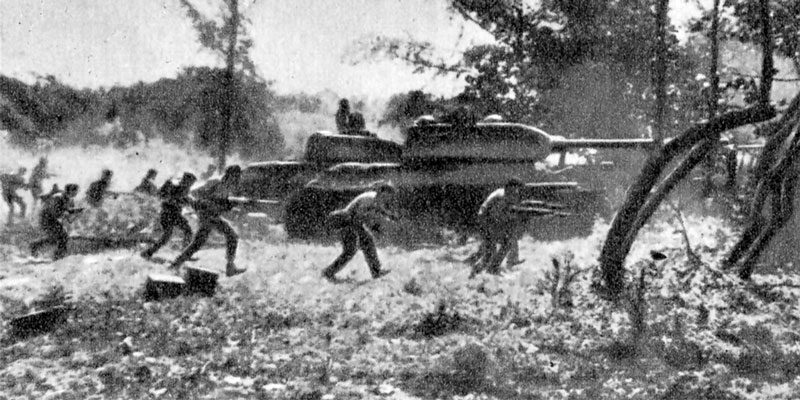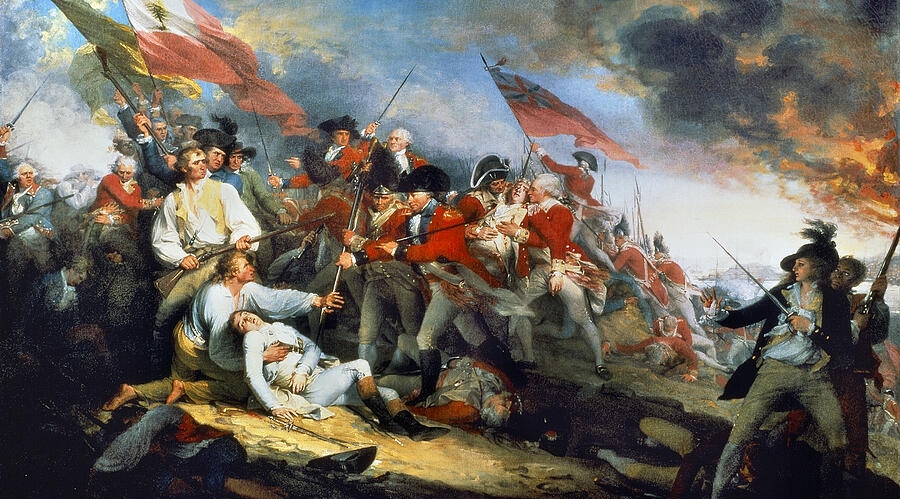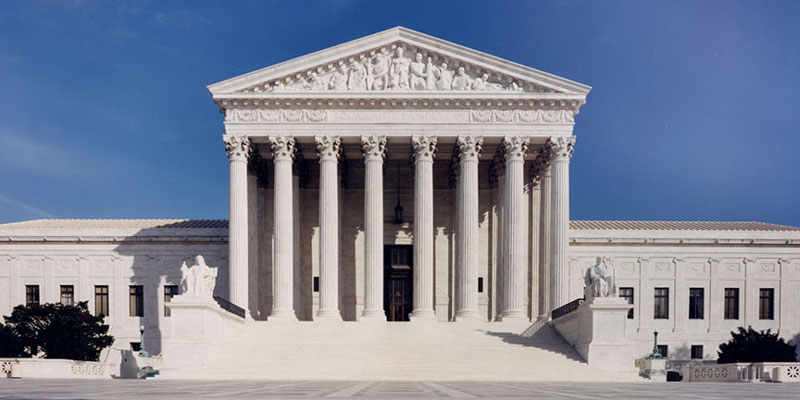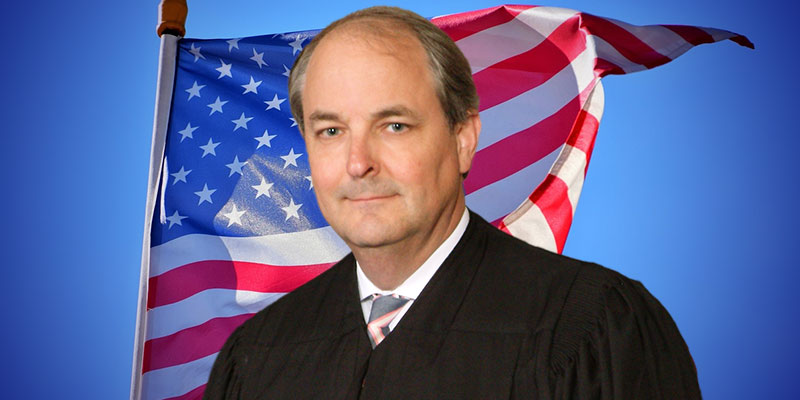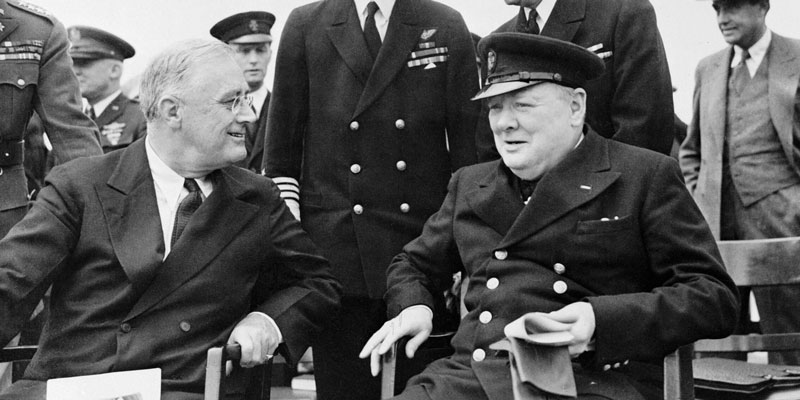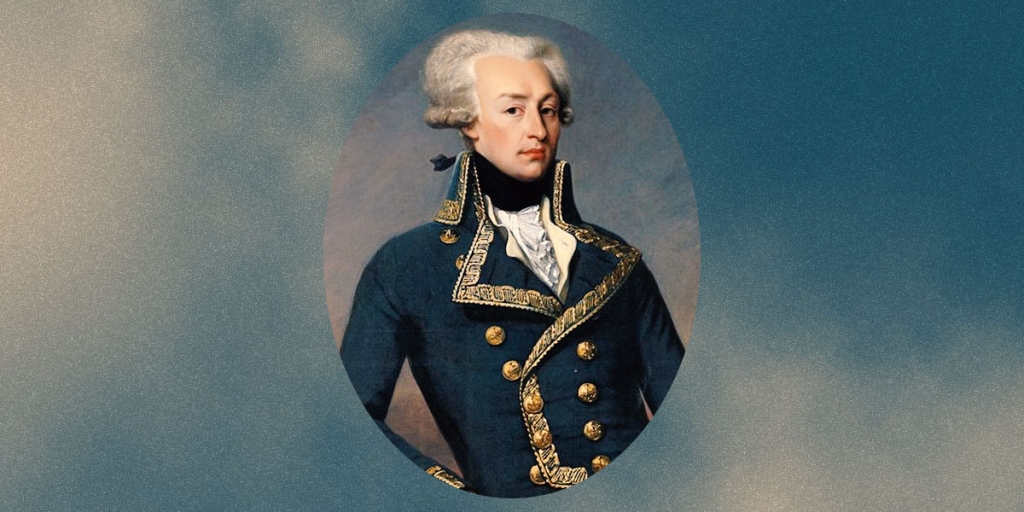When great powers stump their toe on foreign policy, the initial pain, though slight, often causes loss of focus, a stumble and sometimes a more serious accident.
Sixty years ago, the United States sponsored an unsuccessful invasion of Cuba, and the colossal failure ultimately damaged our nation’s reputation, emboldened our enemies, worried our allies, and clouded our vision of proper objectives for foreign relations.
President John Kennedy’s inauguration was a cause for much optimism as a young, vibrant breath of fresh air would lead America in a new direction. His inaugural address was an inspiring call to a new nationalism of service to the world at large, and he promised that the United States would do all in its power to protect freedom around the globe.
The naivety of his rhetoric was not apparent, however, until he was challenged by an energized Russian bear ready to test the mettle of the young president.
At the beginning of the new administration, America had every reason to be hopeful that the world was moving towards greater freedom. The Eisenhower administration had successfully used covert action to change the governments of Iran and Guatemala, some hotspots of communist insurgency had been stopped, and there was stability in the Philippines and Vietnam.
When the torch was passed to the Kennedy administration, the world appeared stable and controllable.
During his transition from electoral success to governing, Kennedy reached out to some of the smartest and most capable individuals in business and academia. These whiz kids promoted a theory that the machinery of government was a science, and if the formulas were correct, the results would be both predictable and successful.
But, while genius in government is great, practical simplicity is always better. Understanding and assessing people and personalities often primes academic articulation. Within a matter of months, President Kennedy was to learn this the hard way.
By failing to understand the difference between ideology and interests in diplomacy, the Kennedy administration embarked on a path that reflected an impractical view of the world as they wanted it to be and failed to appreciate that an effective foreign policy must reflect a national self-interest to deal with the world as it is.
Even before the Bay of Pigs, members of Kennedy’s foreign policy team decided on a covert coup to oust Portugal’s dictator.
This plan made little sense.
There was no overarching U.S. interest at stake, any local opposition to the regime was minimal, and, to make matters worse, Portugal was a NATO ally. Thankfully, the coup never got off the ground, the covert action was scrapped, and the instigators departed before any real damage was done.
But the thought process, or lack thereof, was troubling. And any further ideas about forced regime change should have been put on hold until a comprehensive foreign policy was developed and measured objectives approved.
But rather than seriously considering American interests, the excitement of covert action and the thrill of cloak and dagger operations distracted the young administration and set in motion one of the biggest disasters that was as open to ridicule as it was notorious for ineptness.
When U.S.-sponsored Cuban exiles landed at the Bay of Pigs, nothing went according to plan. There was no expected popular uprising, and, more importantly, Kennedy had canceled any air support. With limited engagement from the Navy, the landing party hardly got off the beach.
The conflict was a total rout with almost the entire invasion force killed, wounded, or captured. In retrospect, any casual observer would question the need to invade Cuba, our national interest there, and any thoughtful steps to take to achieve our goals short of force. The after-action report was devastating and served as a proof text for Murphy’s law.
The Bay of Pigs served as a shakedown cruise for the new administration, and the evaluations of its first four months was resoundingly negative. Allowing a small country like Cuba to thwart an American-sponsored coup fueled our enemies to take full advantage of the geniuses who attempted to advance the national policy of a new administration.
After the Bay of Pigs, the stature of the United States was substantially reduced in the eyes of the world; perhaps for the first time, we were vulnerable, and our enemies probed and tested our resolve.
Indeed, for the rest of his presidency, Kennedy’s foreign policy exploits would be an attempt to overcome this defeat in Cuba. Sensing distraction, our enemies took full advantage of us.
In Europe, the Soviets approved building a barrier between East and West Berlin, and when Kennedy signaled that he would take no actions to stop construction, the barrier became the solid, fortress-like wall, which was improved and secured to provocatively divide the people of Berlin.
In Southeast Asia, Russia amped up its support of the Pathet Lao in a proxy war for control of Laos. Khrushchev rhetorically decimated Kennedy at the Vienna Summit some months later.
Atoning for the loss of prestige at the Bay of Pigs, Bobby Kennedy became obsessed with Cuba, diverting resources in any number of attempts to topple the Castro regime. In fact, some of the most preposterous assassination plans cooked up by the CIA were aimed at Castro.
Rather than destabilizing Cuba, Kennedy’s singular focus forced Castro into a strong alliance with Russia, resulting in a Soviet base 90 miles from Florida. The obsession with Cuba led to the Cuban Missile crisis which was the closest the world has yet come to a nuclear war.
But perhaps the most significant legacy from Kennedy’s bruised ego was his desire to reveal his machismo and show he could draw a line in the sand against communism.
The place he chose to show resolve was Vietnam.
The Bay of Pigs represented not only a defeat of U.S. interests, but a disaster in creating a foreign policy that was rooted in a personal quest to show a powerful America and decisive administration. By focusing on goals and objectives that had little relation to the permanent interests of the United States, Kennedy ultimately followed a path leading to humiliation and defeat.
Engaging on the world stage requires critical thinking about America’s goals and the strategies to achieve them. Foreign policy must be practical and focused on long-term interests and not the distractions of ideological whims.
Will Sellers is an Associate Justice on the Supreme Court of Alabama




